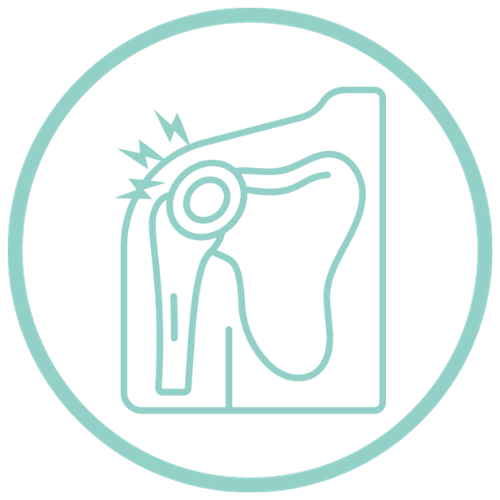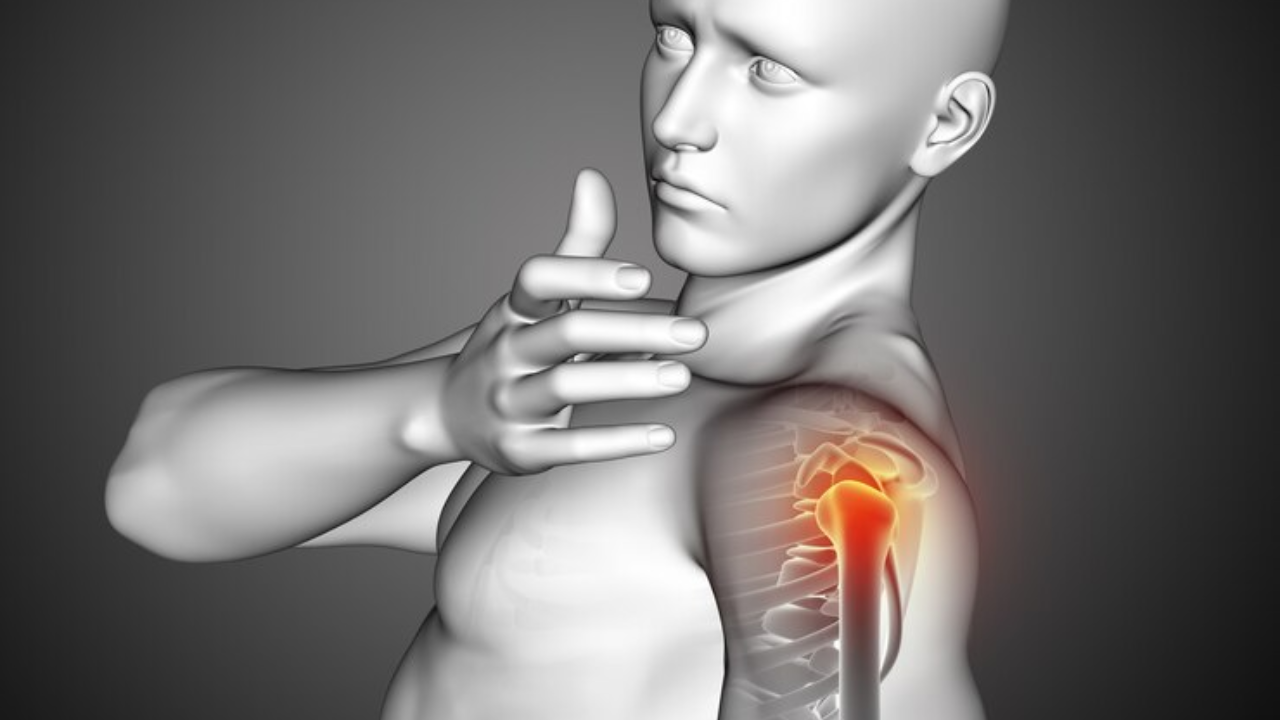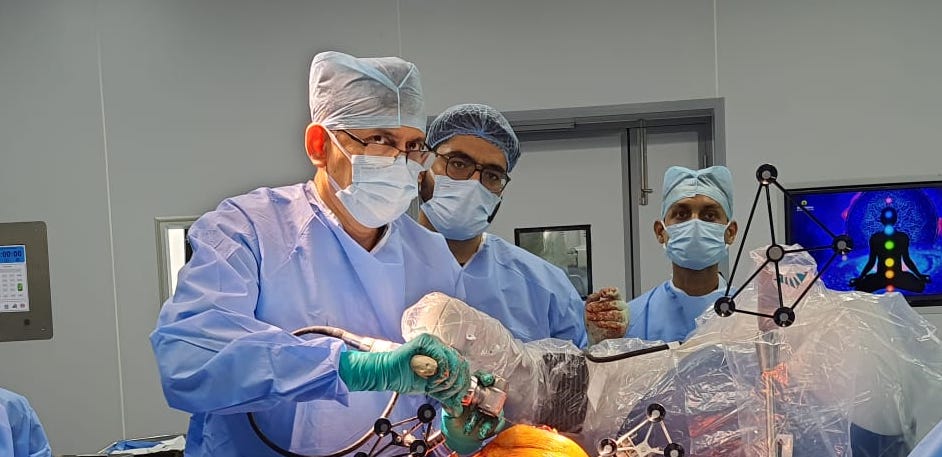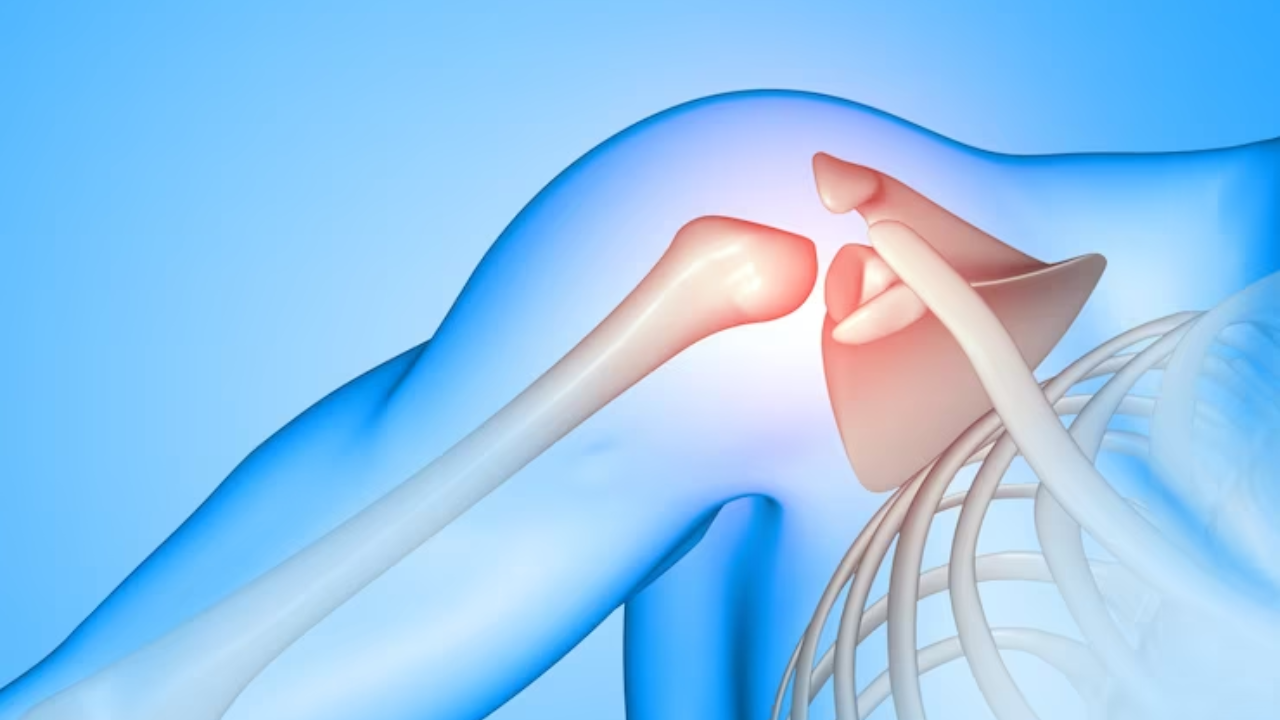
Shoulder Pain Rehabilitation and Surgery
There are many potential causes of shoulder pain, which can range from mild discomfort to severe pain that limits movement. Here are some of the most common causes:
Rotator Cuff Injuries:
Causes: Overuse, repetitive motion, trauma, or age-related degeneration can lead to tears or inflammation in the tendons of the rotator cuff.
Rehabilitation: Physical therapy to strengthen the rotator cuff muscles, improve range of motion, and correct shoulder mechanics. In severe cases, surgery may be necessary for tendon repair.
Frozen Shoulder (Adhesive Capsulitis):
Causes: Inflammation and thickening of the shoulder joint capsule, restricting movement.
Rehabilitation: Gentle stretching exercises, heat therapy, and gradual mobilization to improve flexibility. In some cases, surgical intervention, such as capsular release, may be required.
Tendonitis or Bursitis:
Causes: Inflammation of the tendons (tendonitis) or bursa (bursitis) in the shoulder, often due to overuse or repetitive stress.
Rehabilitation: Rest, ice, and anti-inflammatory medications. Physical therapy to address muscle imbalances, improve shoulder mechanics, and gradually reintroduce activity. Surgery may be considered if conservative measures are ineffective.
Shoulder Impingement Syndrome:
Causes: Compression of the rotator cuff tendons and bursa between the shoulder blade and the upper arm bone.
Rehabilitation: Physical therapy to strengthen the muscles around the shoulder, improve posture, and modify activities to reduce impingement. Surgery may be considered if conservative measures don’t provide relief.
Shoulder Arthritis:
Causes: Degeneration of the shoulder joint cartilage, leading to pain and reduced range of motion.
Rehabilitation: Physical therapy to maintain range of motion and strengthen supportive muscles. In advanced cases, joint replacement surgery may be considered.
Fractures and Dislocations:
Causes: Trauma or accidents can result in fractures or dislocations of the shoulder bones.
Rehabilitation: Immobilization, followed by physical therapy to restore range of motion and strength. Surgery may be required for complex fractures or dislocations.
What is a Shoulder Pain Rehabilitation and Surgery?
What are the common types of shoulder pain surgery?
Common shoulder surgeries include arthroscopic procedures (e.g., rotator cuff repair, labrum repair), open surgeries for complex fractures, shoulder replacement, and procedures to address conditions like frozen shoulder. The specific type of surgery depends on the underlying issue.
What is the recovery process after shoulder pain surgery?
Recovery after shoulder pain surgery varies based on the type of procedure. It typically involves a period of immobilization, followed by a structured rehabilitation program. Full recovery may take several weeks to months, and adherence to postoperative instructions is crucial.
Can shoulder pain rehabilitation prevent surgery?
In many cases, shoulder pain rehabilitation can be effective in relieving symptoms and improving function, potentially eliminating the need for surgery. However, the decision between rehabilitation and surgery depends on the specific diagnosis and the individual’s response to conservative measures.
What does shoulder pain rehabilitation include?
Shoulder pain rehabilitation may include a combination of physical therapy, stretching exercises, strength training, range of motion exercises, and modalities such as heat or ice therapy. The specific components depend on the underlying cause of the shoulder pain.
What You Need to Know Before Your Appointment
It’s best to be prepared when coming in for your appointment and therefore we recommend bringing the following when you visit us
All Previous Investigations
This includes any X-rays, MRI, CT Scans and their reports, new as well as old
List of Your Medications
A well formed list of medications will help us decide which medications will not react with others you might be taking
Previous Surgery Documents
If you have undergone a surgery before, any documents pertaining to that time will be helpful in understand what was done at that time
Tips For Keeping Your shoulder healthy

Mrs. Anjana
Above image is of her after undergoing a total knee replacement.




